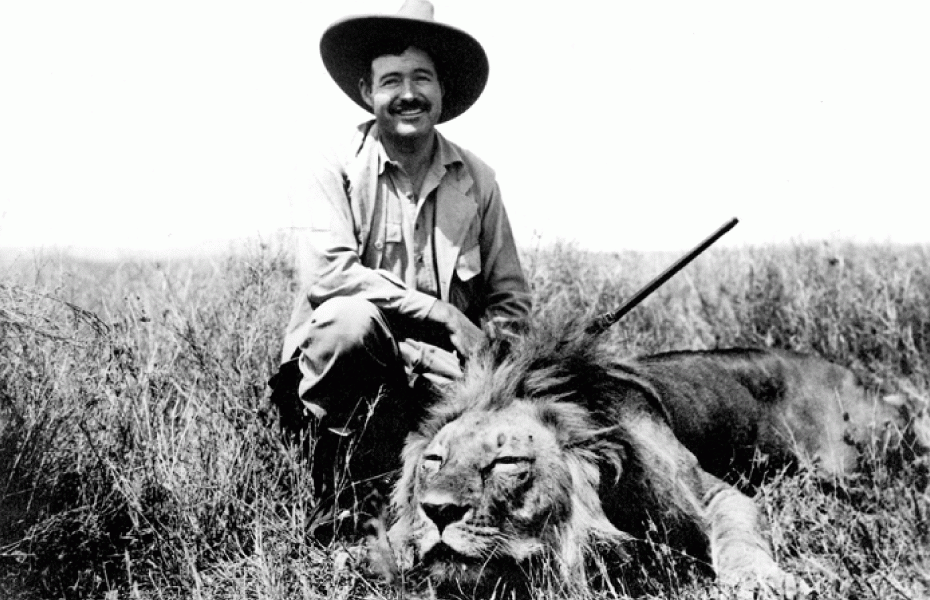
A group of scientists led by Dr. Amy Dickman of Oxford University’s Wildlife Conservation Research Unit have published a letter in the internationally respected journal Science calling for conservationists to acknowledge the evidence that properly managed trophy hunting protects biodiversity in many African countries.
“Calls for hunting bans usually cite conservation concerns. However, there is compelling evidence that banning trophy hunting would negatively affect conservation,” the letter says. “In African trophy hunting countries, more land has been conserved under trophy hunting than under national parks, and ending trophy hunting risks land conversion and biodiversity loss.”
Well-regulated trophy hunting operations have had positive population impacts on a variety of species, including rhinos, markhor, argali, bighorn sheep, and many African ungulates, according to the letter.
Over 130 scientists signed the letter, and even though they acknowledge that many of them find trophy hunting “repugnant,” they call for policymakers to craft laws based on science rather than emotional reactions.
“The audience we want to take note of this is really policymakers,” Dickman told the British Press Association News Agency.
SEE ALSO: Staten Island Residents Want to Start Bow Hunting Deer After Vasectomy Program Shows Lackluster Results
“Thinking about when they make decisions based on conservation, ensuring that it is actually based on the evidence and not just a knee-jerk reaction based on emotions because that is often unreliable in terms of the real impact of it,” she said.
Trophy hunting and other tourism-related industries incentivize governments and residents to enforce anti-poaching laws and protect animals against poisoning, snares, and other kinds of illegal killing.
The letter notes that in areas without trophy hunting and photo-tourism, species like lions “fare worst” because unregulated killing can be far more prevalent.
But photo-tourism can’t provide a more PETA-friendly alternative to trophy hunting. The letter points out that many hunting areas are too remote or unappealing to attract sufficient photo-seeking visitors.
SEE ALSO: Wildlife Research Center Responds to Bans on Deer Lures
Dickman was quick to tell the Press Association that she would prefer to replace trophy hunting with another non-consumptive alternative. But until that alternative exists, she calls for scientists and policymakers to promote regulated hunting that prioritizes the wildlife’s welfare over any individual hunter.
Animal rights groups questioned the evidenced cited by Dickman and her colleagues.
“If trophy hunting is good for conservation, why are lions and other species popular with trophy hunters seeing such dramatic declines?” Eduardo Goncalves, founder of the Campaign To Ban Trophy Hunting, asked the Press Association.
Trophy hunting is “cruel and immoral,” Gonalves said, and is nothing more than a “leisure activity for the very rich.”
